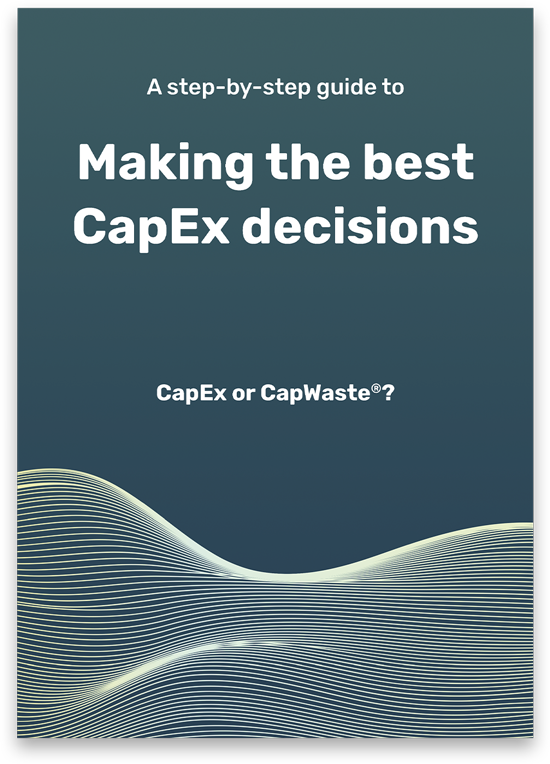
Every sector is different – but some issues are universal.
One of our newest projects has seen us expand into a fascinating new industry: the rail sector.
The UK’s rail sector is a large one, with Rail Magazine estimating that it is worth approximately £36 billion a year. It contributes more to the UK’s economy than the chemical and pharmaceutical industries, along with food, drink and tobacco manufacturing, and employs more people than the entire workforce of Birmingham, generating £11 billion in annual tax revenue.
With such high costs and revenues on the line, asset investment in the rail sector is a high stakes undertaking – which is precisely why our client enlisted Indicatura’s support when considering an investment in a new facility.
A problem many of our clients face is separating the useful information from the noise – but it’s crucial for making good decisions on investments and assets. Clients often make decisions using emotional or anecdotal evidence, sometimes without even realising they’re doing it. This is even more likely to happen when they don’t have access to the facts and data they need to drive true data-driven decisions.
In the rail sector, investing in a new facility comes with more costs to consider than simply the cost of the facility itself. The facility’s range of trains and equipment are currently managed to a particular set of specifications not encountered before by our client. Our team, headed by one of our expert consultants, Odili Adiboh, analysed the risks associated with each asset included in the facility, along with net and individual value for a detailed, data-driven risk and cost assurance report.
Protecting the Value Stream
“The nationalised standards are the holy grail when it comes to compliance and maintenance in the rail sector,” says one of our senior consultants. “And as this facility uses a different type of standard, it was essential for us to analyse those using nationalised standards as a control, checking for overlaps, gaps and areas for improvement.”
Risk assessment is a vital part of deciding whether an investment is viable – but what about afterwards?
“Once we’ve provided assurance that there are no major risks, our next move is to identify incidences where maintenance is currently inadequate,” says one of our senior consultants. “We’ll make recommendations according to nationalised standards, along with quantifying the cost implications so there are no nasty surprises for our client.
“We will also analyse the facility’s database for a full record of each asset on-site, including assets with histories of failure and assets that need replacement. We’ll also analyse which assets are most critical to the facility’s value stream, so we can ensure they continue to perform to their fullest.”
For our clients, new investments represent the culmination of hard work, effort and strategy – and it’s our role to make sure that all of that hard work pays off, with analysis and risk assurance that factors in liability, costs, risk aversion, labour expectations, and more. As we continue with this exciting project, stay tuned for more updates and information on our progress – along with some helpful tips for your own business.









